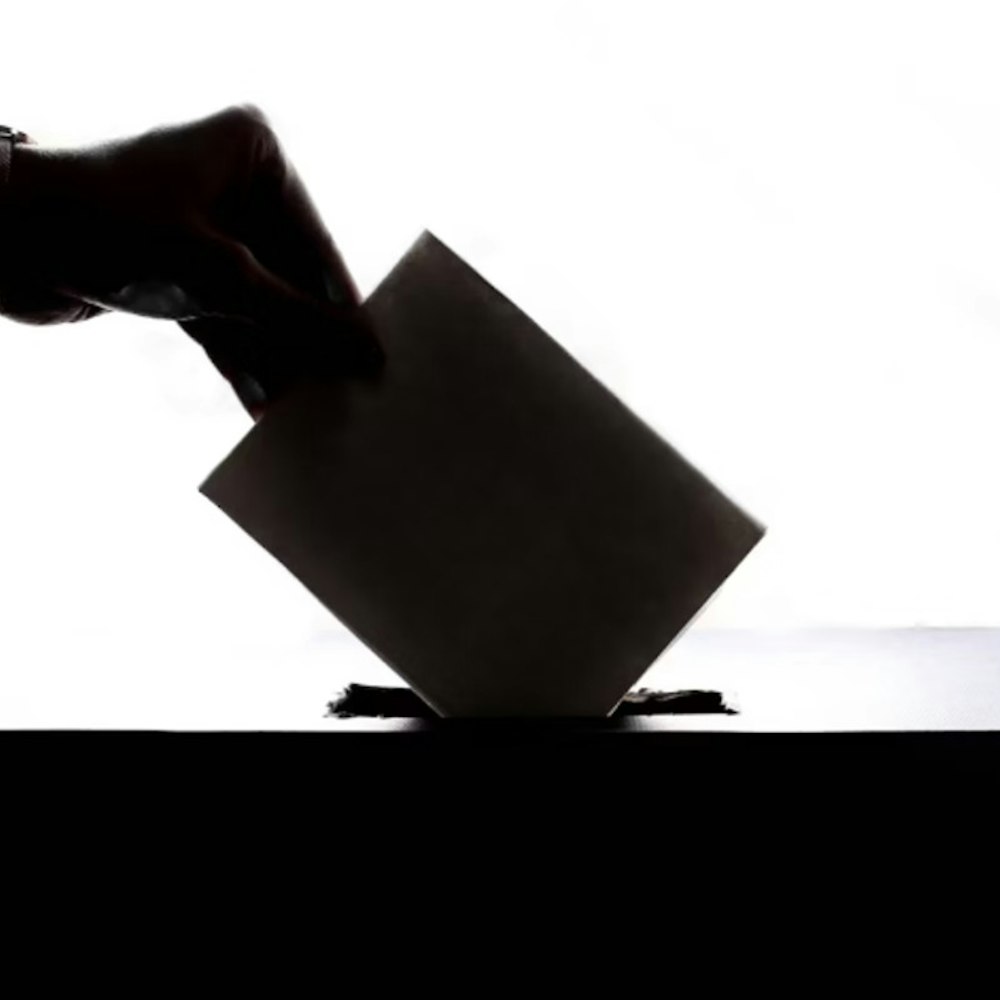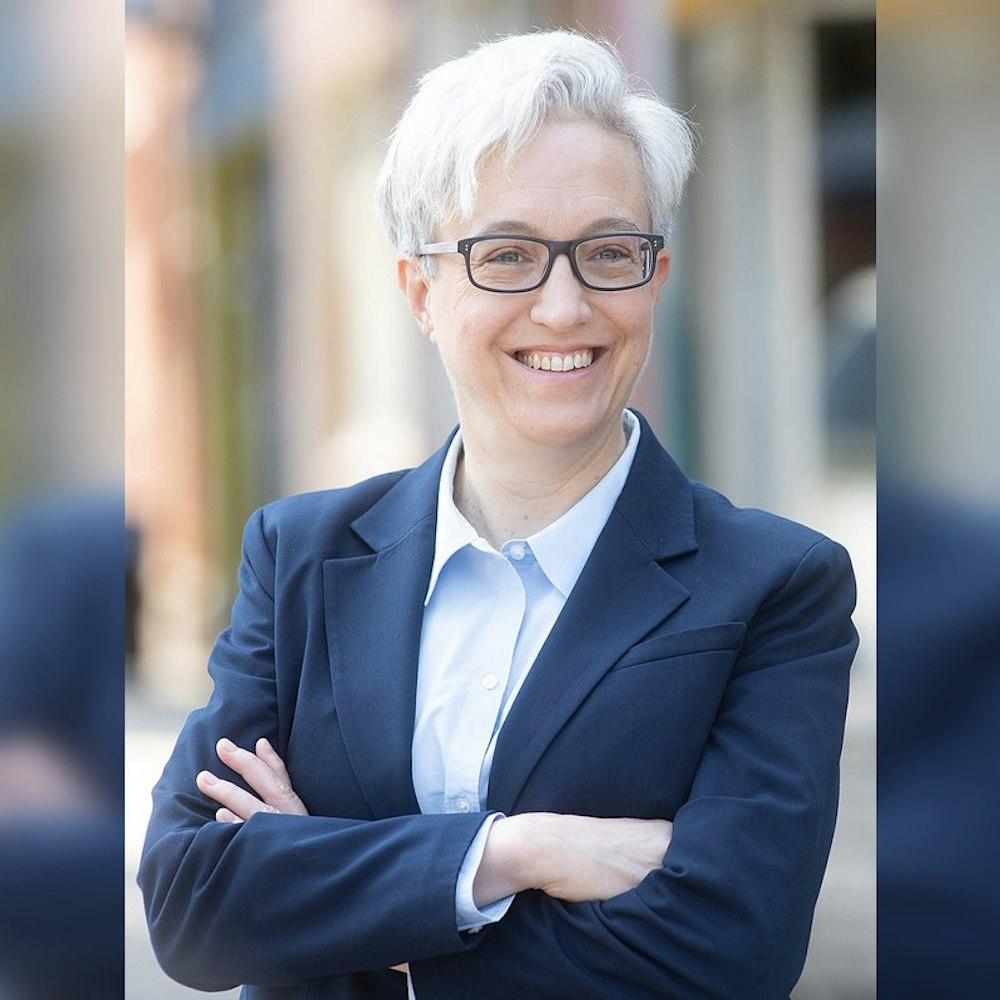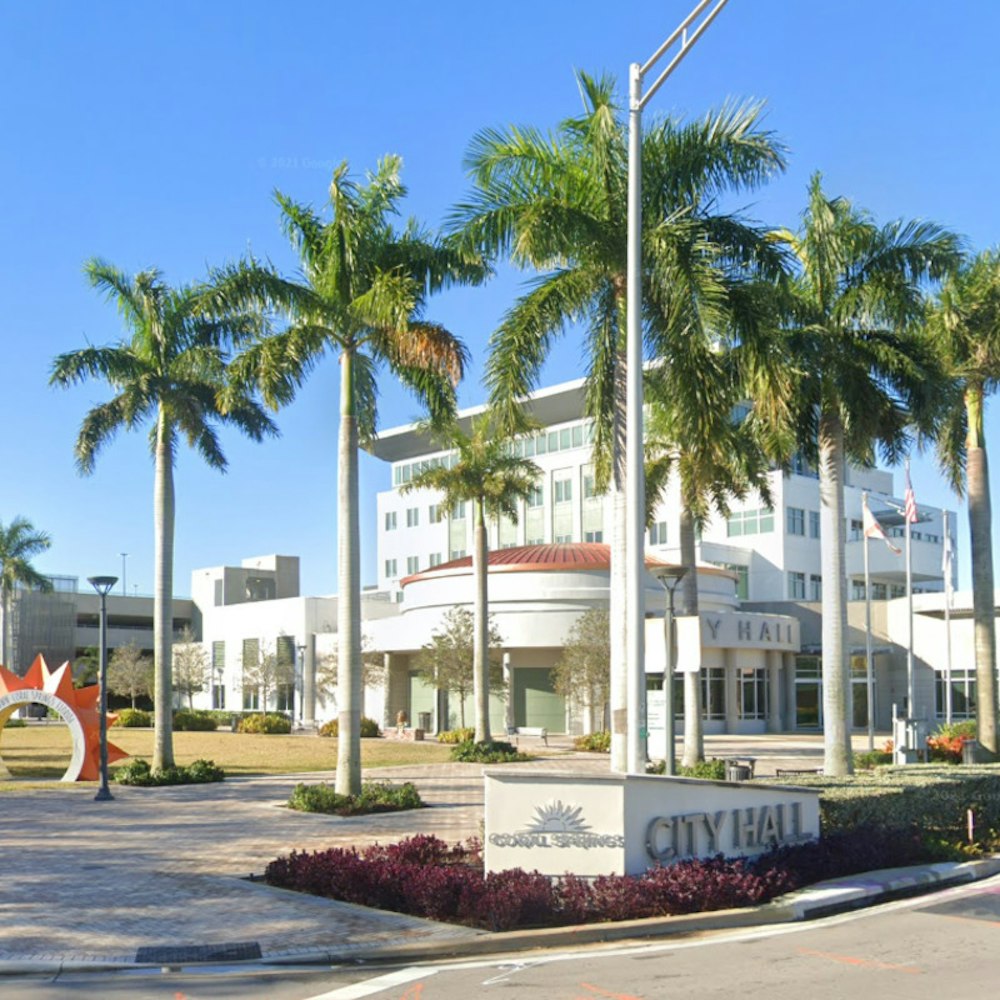
In a decisive step towards a greener future, the Minnesota Senate has endorsed the Minnesota Energy Infrastructure Permitting Act, setting the stage for a streamlined permitting process in the clean energy sector. The bill, championed by Senator Nick Frentz (DFL – North Mankato), drew support from both sides of the aisle and now advances to the House after a narrow 35-32 Senate approval.
Senator Frentz, in a vision shared by supporters of the Act, points to the elimination of redundancies as key to reaching the state's clean energy milestone. "Last year, Minnesota committed to ambitious clean energy goals by passing 100% carbon-free energy by 2040," Frentz remarked, acknowledging the importance of efficiency to realize these objectives. The Act is not just a policy move, but a potential economic stimulator, promising to expedite clean energy jobs for Minnesotans.
The bipartisan effort results from groundwork laid out by a Minnesota Public Utilities Commission (PUC) working group last year. The Act consolidates 13 consensus items from the stakeholder report, potentially slashing the waiting period for certain projects by as much as nine months. This is an actionable stride towards environmental assurance and a nimble response to climate urgency. According to the announcement released by the Senate DFL, there was a collective effort in crafting a bill centered around transparent and consistent regulations.
The march towards a carbon-neutral economy in Minnesota now hinges on the House's reception of the Act. The proposed legislation embodies a shift towards expediency in green initiatives, reflecting a mindful balance between environmental stewardship and economic foresight. Frentz, embodying the optimism of the bill's supporters, asserts, "We crafted a great bill with stakeholder support, and I am proud of the work that went into this proposal to reform the permitting process," solidifying his confidence in the transformative potential of the bill.









